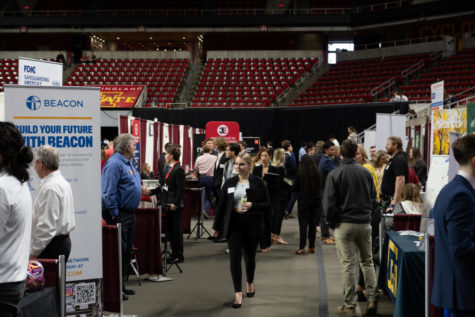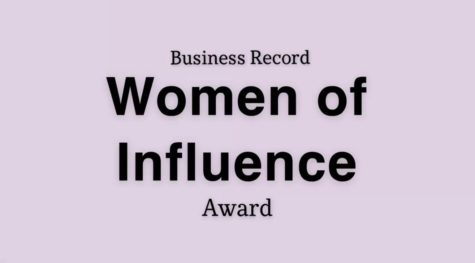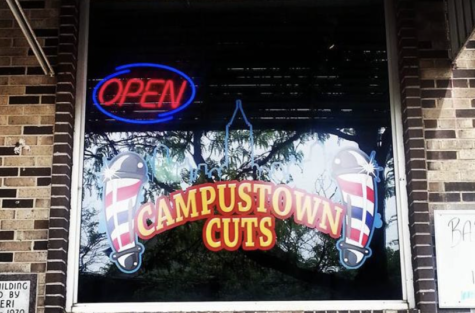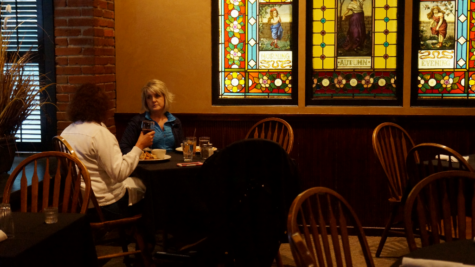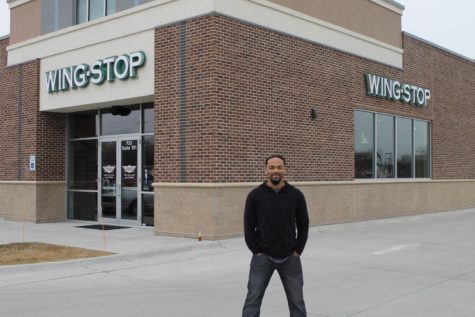Should you take an unpaid internship?
September 25, 2011
Internships are a rite of passage for college students — a potentially expensive rite. Some estimates, such as those from the National Association of Colleges and Employers, indicate that nearly half of the internships taken by college students in the U.S. may be unpaid. Add in the costs of paying for credits — a requirement for some majors — commuting or relocating, and all the other expenses of starting a new job, and gaining experience can become a huge financial burden. Also, some unpaid internships may violate federal labor laws.
Still, some who’ve taken them insist they’re a worthwhile experience in the end. If paid options aren’t coming your way, consider some of the hidden benefits.
Testing the job
Anthony Danti, senior in criminal justice, is interning with the West Des Moines Police Department. He said it’s helped him to get a better feel for police work.
“Policing is nothing like you see on TV,” he said. “Even though it’s not paid, it’s something that I enjoy.”
Freedom
“With the unpaid internships, I think they realize you’re doing it for free, and they give you a little more freedom,” said Nicky Halvorson, who graduated in August with a degree in journalism and mass communication. While interning with the American Cancer Society, she got to help set up Relay for Life in a new community.
Nonprofits can be among the most likely to offer unpaid internships, but Halvorson said they are good with working for volunteers, since they use them often, and the people tend to be very passionate about their cause.
Keep adding to resume
Erin Oftelie, who graduated in August 2010 with a degree in journalism and mass communication, took a job with Americorps VISTA after completing unpaid internships and still not finding a job. She said she did it to keep her momentum going, but had to quit when car troubles forced her to take a job in a phone center to pay for repairs.
Now, a year out of college, she fears her resume is getting stale. She said there’s often a choice between building a resume or making a paycheck. She said the experiences were worth it.
“It helped me to decide what I wanted to do with myself while actually doing it,” she said.
Making connections
Jennie Bunkofske, senior in marketing and advertising, stressed the value of networking. She has taken multiple unpaid internships in New York City, which helped her to land a job in the music industry — she’ll be moving back there after graduation.
However, even networking comes with costs: Bunkofske was going out to lunch in the city several times a week to capitalize on facetime.
“That’s definitely an industry where you have to pay your dues,” she said. “It’s kind of like a three-month interview.”
Mike Gaul, director of career services for the College of Agriculture and Life Sciences, agreed that internships are often a “feeder system” for full-time jobs.
“In the big picture, $1,000 difference between internships should not even be a deciding factor,” he said.






